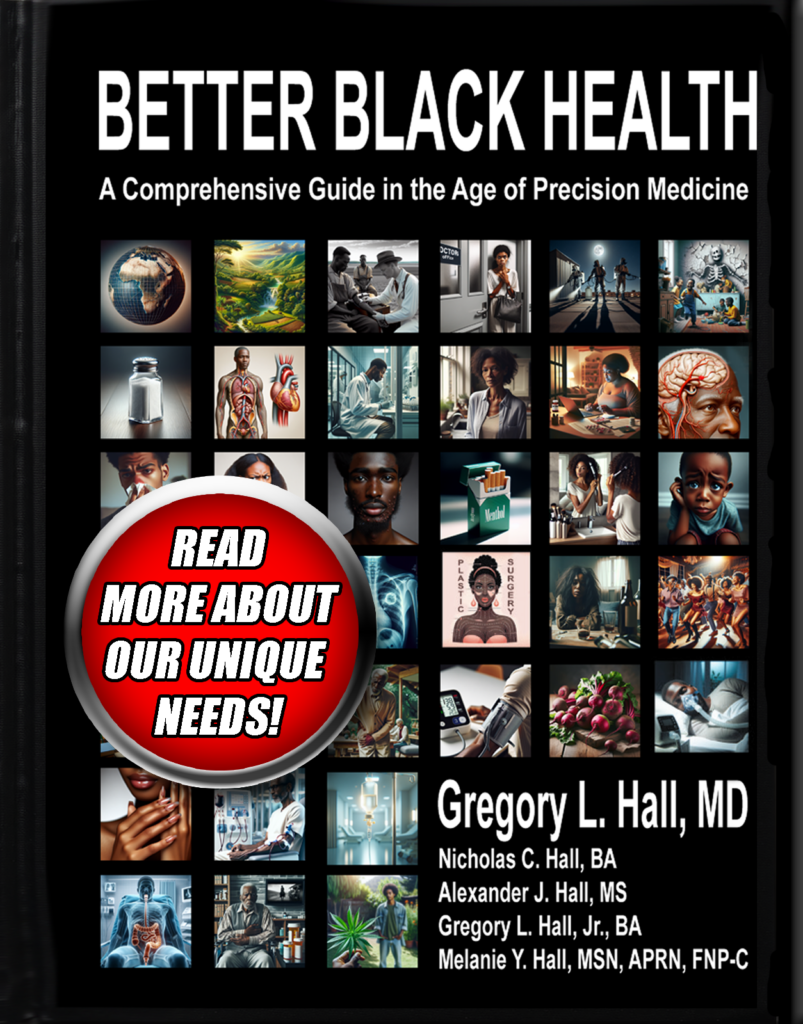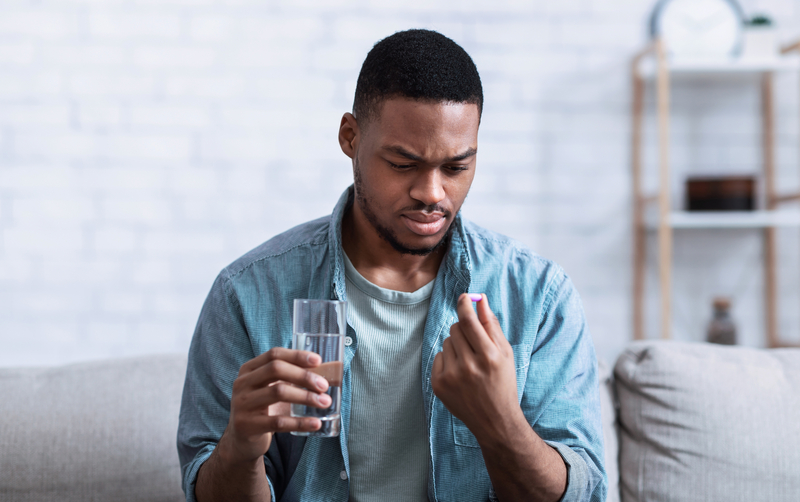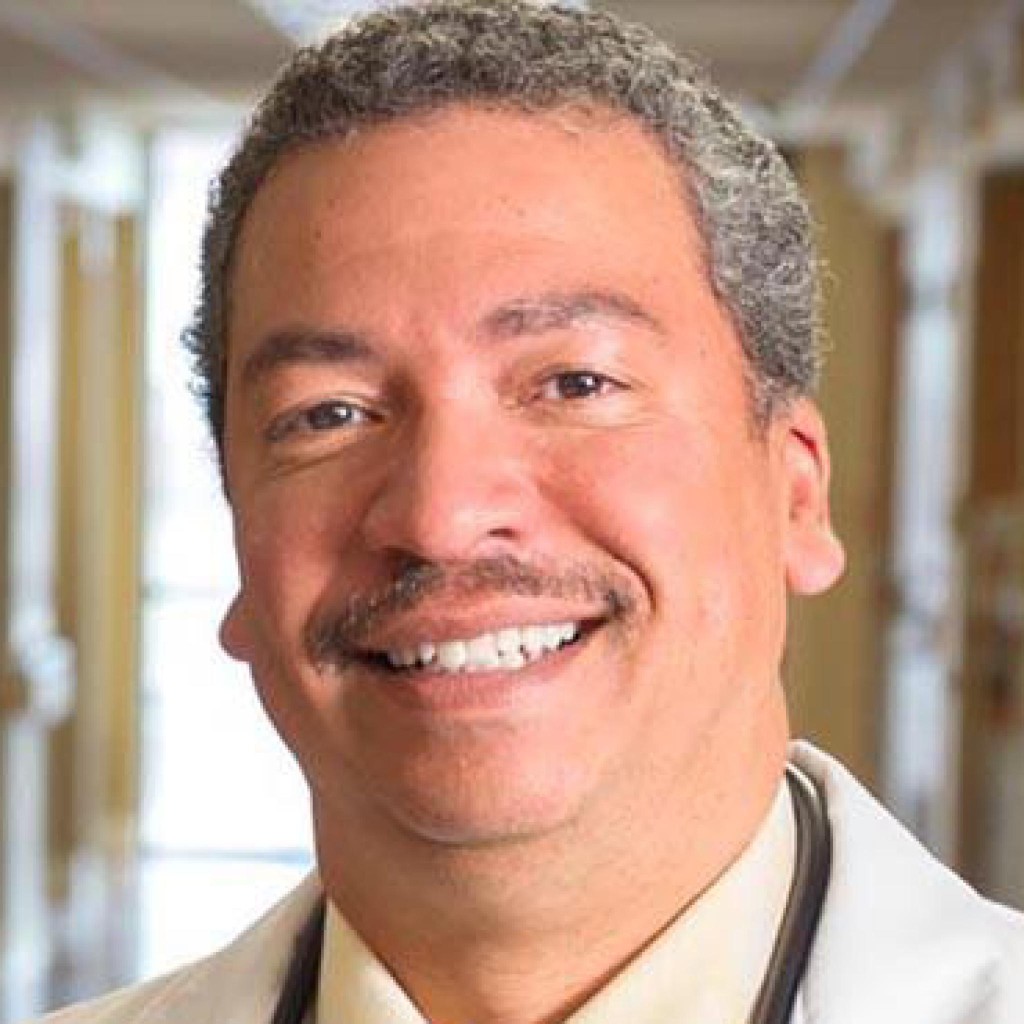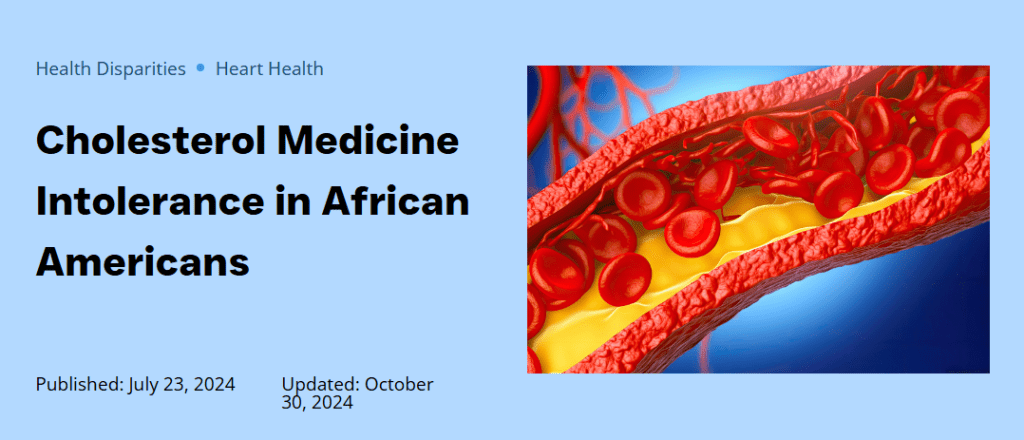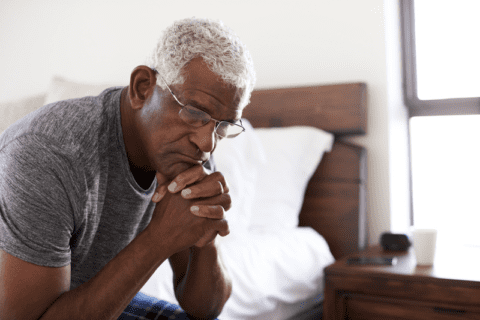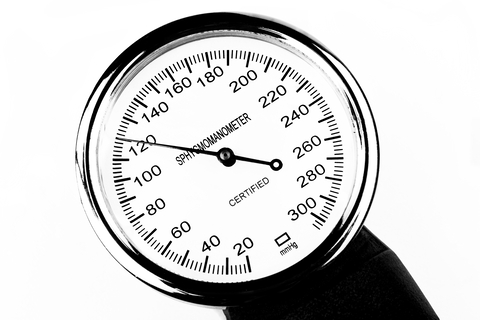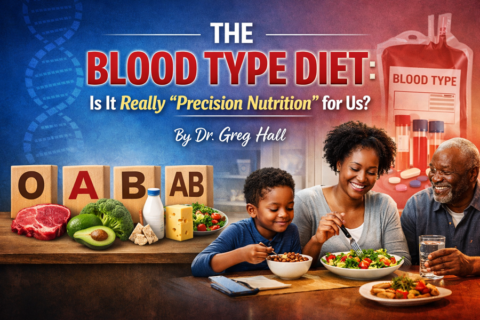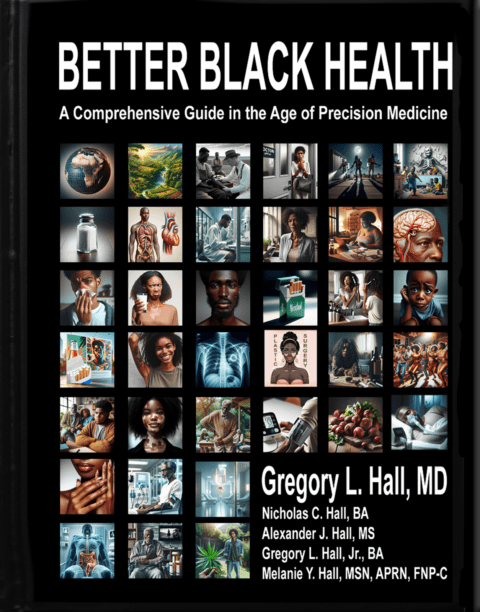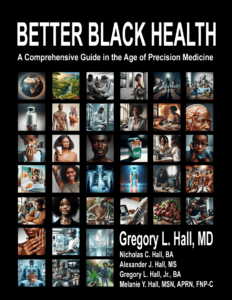African Americans Fear Medication Side Effects
I had a patient come with a number of complaints related to joint pain. His chronic pain was causing him anxiety about his quality of life, and all of these concerns made him feel depressed about his future. After listening for a while, I thought of the perfect medication to try, one that would help chronic pain as well as help with anxiety and depression. I pulled the medication up on my computer, but before I could send it to the pharmacy, he interrupted and asked, “What are the side effects of this medicine?”
His primary concern shifted from severe pain, depression, and anxiety to fear of side effects in the blink of an eye.
I confess that I was annoyed because his physical complaints were persistent and seemingly severe. I thought, “You came to me with a problem; I have a solution to your serious health complaints; why is your priority now side effects?”
African Americans Worry More About “Side Effects”
According to recent studies, African Americans are dramatically more likely to have a fear of side effects.
This fear is not unwarranted because African Americans are 20% more likely to actually experience adverse reactions (bad side effects) to certain medications compared to other racial/ethnic groups. This heightened risk is often attributed to genetic variations and socioeconomic factors. Genetic variations can influence how individuals metabolize (or digest) drugs, affecting their ability to work and be safe. Specific genes responsible for drug metabolism may vary among populations, leading to differences in how medications are processed in the body. These genetic differences can result in African Americans experiencing a higher likelihood of adverse effects or reduced effectiveness of certain medications.
Studies have confirmed that African Americans have a higher intolerance to cholesterol-lowering medications called statins. We also have higher side effects with metformin, a first-line medication widely prescribed for diabetes. Follow the hyperlinks to my articles specifically on these medications. Black men commonly and wrongfully attribute erection problems to blood pressure medication when the real issue is circulation.
Many times, African Americans are more concerned about side effects than the actual beneficial effects.
Fear of Side Effects Hinders Positive Effects
The psychological impact of worrying about side effects can lead to increased anxiety and stress, which may further exacerbate health issues. This heightened concern can result in individuals being less likely to adhere to prescribed medication regimens, potentially compromising their treatment outcomes. Additionally, constant worry can create a negative feedback loop, where fear of side effects overshadows the potential benefits of the medication, ultimately hindering the healing process.
I find that patients who worry the most about side effects are most likely to have them! It’s a self-fulfilling prophecy. And research has confirmed that decreasing the fear of side effects can decrease the side effects themselves. We all have aches and pains. We also have times when our digestive system is off due to heartburn, diarrhea, or constipation. When we are NOT on medication, we attribute these variations in our health to . . . whatever, but if we are on medication, patients who are most concerned about side effects will blame the medication.
Don’t Underestimate Your Mental Energy
Having confidence in whatever medication you take can help it work. By understanding how medicine works, you can align your brain’s confidence with the operation of your body. Mental energy plays a crucial role in physical health by influencing the body’s stress response and immune function. When individuals maintain a positive mindset and trust in their treatment, they are more likely to experience reduced stress levels, which can enhance their overall well-being and support the healing process. Conversely, negative mental energy, such as worry or doubt, can increase stress hormones, weakening the immune system and potentially worsening health outcomes.

Trust is Key
Having a physician that you trust can build confidence in whatever they prescribe. With back pain, physical therapy is the best approach for improvement, yet most people want pills. Many patients with viral infections want antibiotics, but they won’t help a virus. If you had a trusting relationship with your physician, you would trust that they are providing the best, unbiased solution for your problem. If you find yourself doubting your physician, please don’t just tolerate them; find someone else you can trust.
There is more to know about our unique needs
